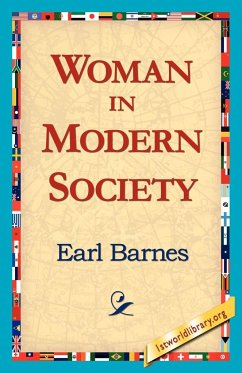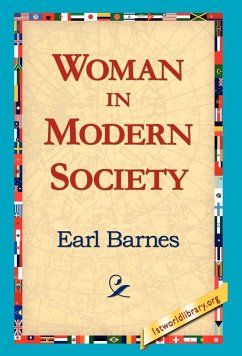If we go back to the earliest forms of life, where the unit is simply a minute mass of protoplasm surrounded by a cell wall, we find each of these divisions to be a complete individual. It can feed itself, that its life may go on to-day; it can fight or run away, that it may be here to fight to-morrow; and by a process of division it can create a new life so that its existence may continue across the generations. With such units it is quite conceivable that life might go on through all eternity, death following birth, were it not that protoplasm contains within itself a principle of change. Life and change are synonymous.
Hinweis: Dieser Artikel kann nur an eine deutsche Lieferadresse ausgeliefert werden.
Hinweis: Dieser Artikel kann nur an eine deutsche Lieferadresse ausgeliefert werden.








